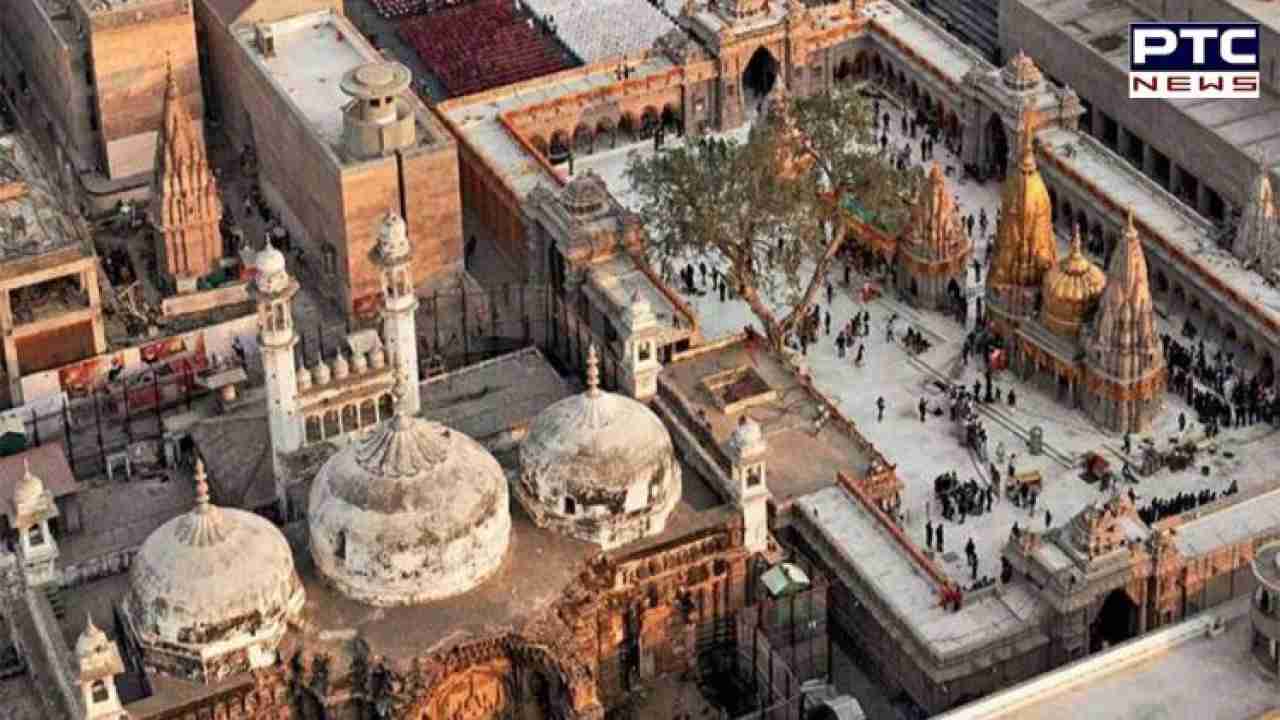

Supreme Court halts surveys of religious sites until decision on Places of Worship Act, 1991
PTC Web Desk: The Supreme Court on Thursday directed that no surveys of places of worship be conducted and no new cases be filed until it determines the validity of the Places of Worship (Special Provisions) Act, 1991. Additionally, the Supreme Court instructed lower courts not to hear or pass orders in matters related to the survey of religious sites.
The directive was issued by a Bench comprising Chief Justice of India Sanjiv Khanna and Justices PV Sanjay Kumar and KV Viswanathan while hearing petitions challenging the constitutionality of the 1991 Act. The court has sought a response from the Centre, granting it four weeks to submit a counter-affidavit.
"We find it appropriate to direct that no fresh suits be registered or orders passed. Courts handling pending cases must not issue any effective or final orders. Since this matter is before us, it is neither just nor fair for other courts to examine it simultaneously," the Bench observed.
The 1991 Act, which preserves the status of religious places as they were on August 15, 1947, is under scrutiny. Sections 2, 3, and 4 of the law prohibit altering the status of any place of worship and filing related lawsuits. Petitioners, including religious leaders and legal advocates, argue that the Act infringes upon the rights of Hindus, Jains, Buddhists, and Sikhs under Articles 25, 26, and 29 of the Constitution to reclaim and manage their places of worship.
Hindu organisations have filed petitions challenging the Act, claiming some mosques were built over ancient temples. Key disputes include the Gyanvapi Mosque in Varanasi, the Shahi Eidgah Mosque in Mathura, the Shahi Jama Masjid in Sambhal, and the Ajmer Dargah in Rajasthan. Muslim parties, however, argue that such lawsuits are invalid under the Places of Worship Act.
The Supreme Court emphasised that the constitutionality of the Act and its scope must be resolved before any further actions can proceed.
- With inputs from agencies
